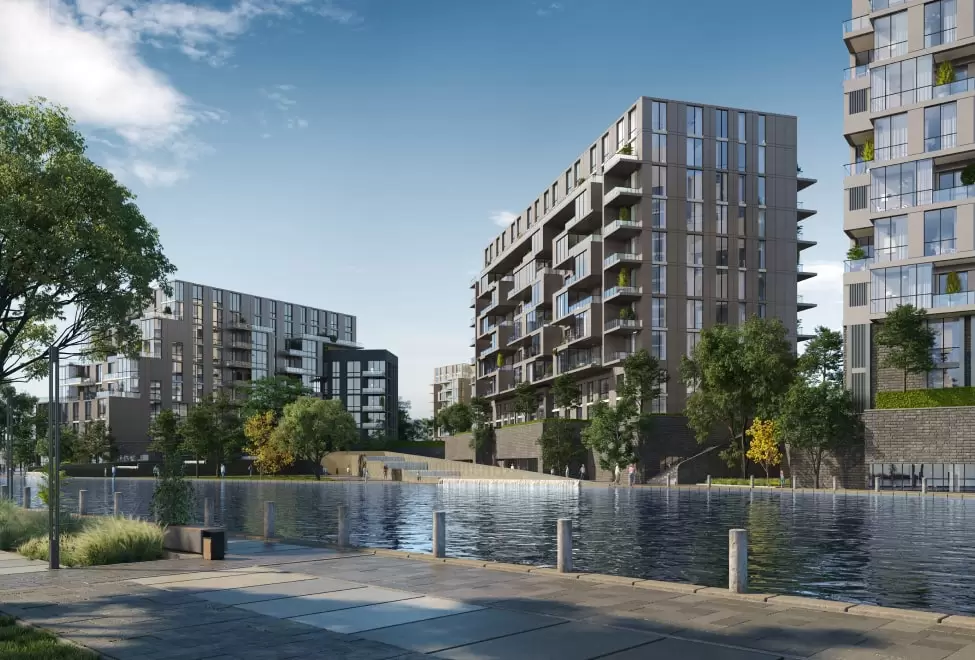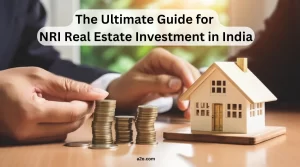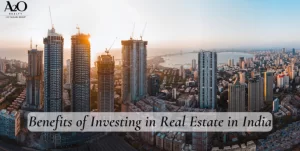Introduction:
In recent years, the landscape of the real estate market has been undergoing significant transformations, marked notably by a pervasive trend – it’s becoming more expensive. Whether you’re a prospective homebuyer, a seller, or simply an observer, the soaring prices and escalating costs associated with real estate transactions are hard to ignore. In this blog post, we’ll delve into the factors contributing to the rising expense of the real estate market and explore how individuals can navigate these challenging waters.
Understanding the Shift:
The notion of real estate as a stable investment or a cornerstone of wealth accumulation has been deeply ingrained in our societal psyche. However, the dynamics governing this market have evolved considerably, leading to a stark reality: real estate is becoming increasingly unaffordable for many.
Factors Driving the Surge in Prices:
1. **Supply and Demand Imbalance**: One of the primary drivers of soaring real estate prices is the fundamental economic principle of supply and demand. Across many regions, there’s a notable shortage of housing inventory relative to the number of prospective buyers. This scarcity exerts upward pressure on prices, creating a highly competitive environment.
2. **Low Interest Rates**: In response to economic downturns and financial crises, central banks worldwide have adopted accommodative monetary policies, including historically low interest rates. While this measure aims to stimulate economic activity, it also has the unintended consequence of incentivizing borrowing and driving up asset prices, including real estate.
3. **Urbanization and Population Growth**: Rapid urbanization coupled with population growth in key metropolitan areas exacerbates the demand for housing. As more individuals flock to urban centers in search of economic opportunities, the competition for limited housing stock intensifies, further inflating prices.
4. **Investor Speculation**: Real estate has long been favored by investors seeking stable returns and portfolio diversification. However, the influx of speculative investment, both domestic and foreign, has contributed to price escalation, particularly in coveted markets.
Navigating the Expensive Real Estate Landscape:
1. **Financial Prudence**: For prospective homebuyers, exercising financial prudence is paramount. This entails conducting thorough affordability assessments, factoring in not only the purchase price but also associated costs such as property taxes, maintenance expenses, and potential interest rate fluctuations.
2. **Exploring Alternative Markets**: While major metropolitan areas often command exorbitant prices, exploring alternative markets can yield more affordable options. Emerging suburban or rural areas may offer attractive prospects for homeownership without the steep price tags associated with urban centers.
3. **Consider Renting**: In markets where buying a home is financially prohibitive, renting can be a pragmatic alternative. Renting provides flexibility and may afford individuals the opportunity to save towards future homeownership goals in a more sustainable manner.
4. **Diversifying Investment Portfolios**: For investors, diversifying beyond traditional real estate holdings may mitigate exposure to market volatility. Exploring alternative asset classes such as real estate investment trusts (REITs), stocks, or bonds can offer exposure to the real estate sector without the burdens of property ownership.
Conclusion:
The narrative of an expensive real estate market underscores the importance of adaptability and informed decision-making. Whether you’re a prospective buyer, seller, or investor, navigating this landscape necessitates a nuanced understanding of the underlying dynamics and prudent financial management. While the current market conditions present challenges, they also present opportunities for innovation and exploration in the pursuit of real estate goals. By staying informed, exercising caution, and exploring alternative avenues, individuals can navigate the complexities of the expensive real estate market with confidence and resilience.







